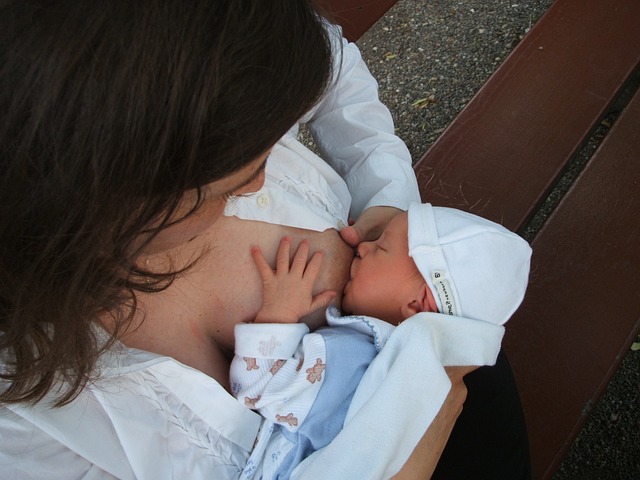Breastfeeding is a crucial phase that requires careful attention to the mother’s diet. What a mother eats can directly impact her baby’s health and development. This comprehensive guide will detail the foods to avoid while breastfeeding, supported by insights from healthcare professionals, ensuring you provide the best nutrition for your baby and maintain your own health.
In This Article
Nutritional Needs While Breastfeeding
A balanced diet is essential during breastfeeding. Mothers need extra calories and nutrients to support milk production and their own health. Dr. Mary Jane Minkin, a gynecologist at Yale University, emphasizes, “A diet rich in vitamins, minerals, and proteins is crucial for breastfeeding mothers to maintain their energy levels and ensure their baby gets the best nutrition.”
Key Nutrients:
- Protein: Supports tissue repair and growth. Found in lean meats, beans, nuts, and legumes.
- Calcium: Essential for bone health. Sources include dairy products like milk, cheese, and yogurt.
- Iron: Prevents anemia. Found in red meat, beans, and fortified cereals.
- Vitamins A and C: Support immune function and tissue repair. Found in fruits and vegetables such as carrots, sweet potatoes, oranges, and berries.
- Omega-3 Fatty Acids: Crucial for brain development. Found in fish like salmon and sardines.
Foods to Avoid While Breastfeeding
Certain foods can cause issues for breastfeeding mothers and their babies. Understanding these can help prevent potential problems and ensure both mother and baby are healthy and comfortable.
1. Caffeine
Sources: Coffee, tea, chocolate, energy drinks

Caffeine can pass through breast milk and accumulate in a baby’s system, leading to irritability and sleep disturbances. The American Academy of Pediatrics advises limiting caffeine intake to less than 300 mg per day, which is about two to three cups of coffee.
“Caffeine can affect a baby’s sleep patterns and cause fussiness. Moderation is key,” says Dr. Alan Greene, a pediatrician and author.
2. High-Mercury Fish
Sources: Swordfish, king mackerel, shark, tilefish
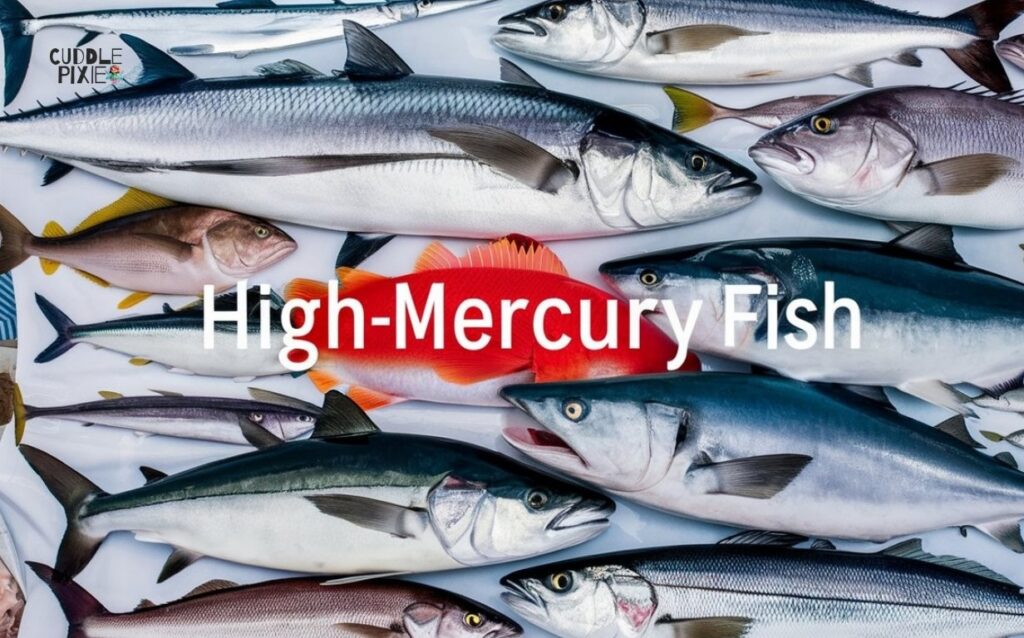
High levels of mercury can harm a baby’s developing nervous system. Instead, opt for low-mercury fish like salmon, sardines, and trout, which are also high in beneficial omega-3 fatty acids.
“High-mercury fish should be avoided during breastfeeding to prevent potential neurodevelopmental issues in infants,” recommends Dr. Emily Oken, a nutritionist at Harvard Medical School.
3. Alcohol
Sources: Wine, beer, spirits

Alcohol can pass into breast milk and affect a baby’s development and sleep. The CDC advises waiting at least 2 hours after drinking before breastfeeding. Some mothers choose to avoid alcohol entirely during this period.
“Even small amounts of alcohol can impact a baby’s development. If you do consume alcohol, timing and moderation are crucial,” advises Dr. William Sears, a pediatrician and breastfeeding expert.
4. Spicy and Gassy Foods
Sources: Cabbage, broccoli, onions, garlic, spicy peppers
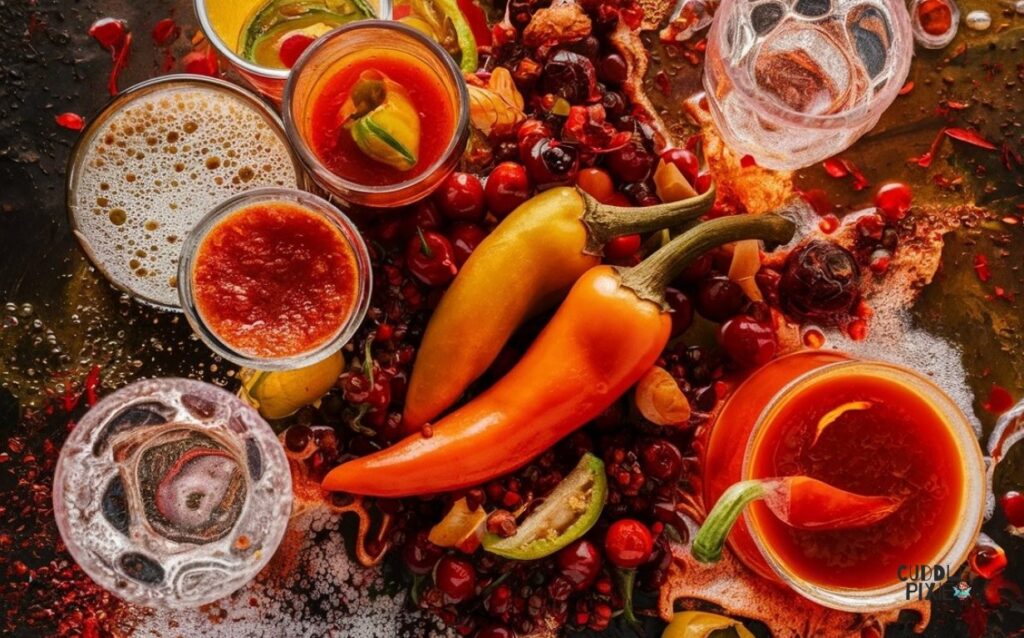
These foods can cause digestive discomfort in some babies, leading to gassiness and fussiness. While not all babies are affected, monitoring your baby’s reaction can help identify any sensitivities.
“Some babies may be more sensitive to gassy foods, leading to colic-like symptoms. It’s important to observe your baby’s reactions,” says Dr. Tanya Altmann, a pediatrician.
5. Certain Herbs
Sources: Sage, peppermint, parsley
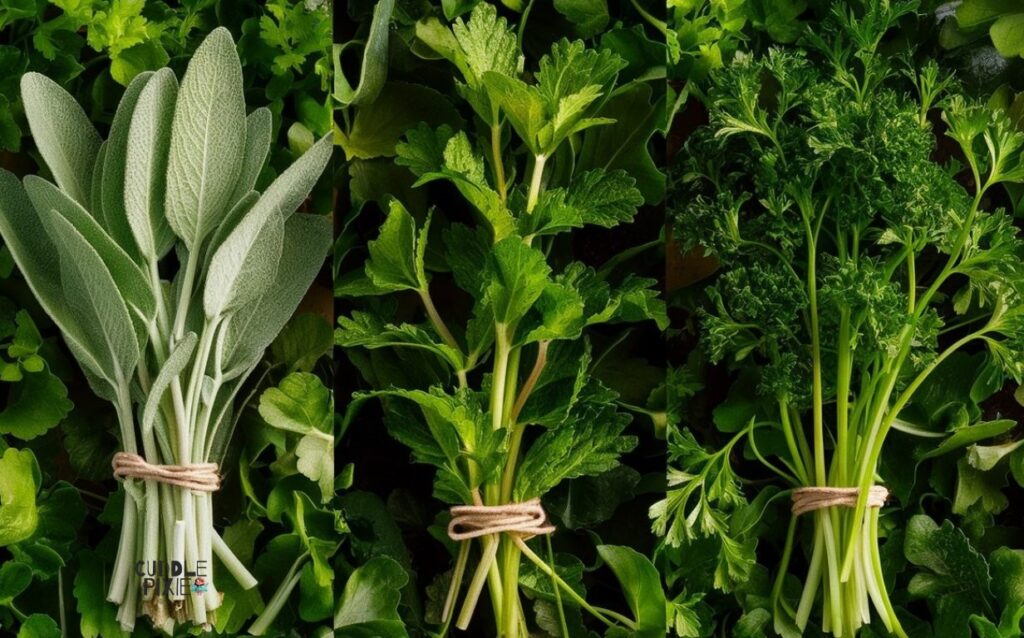
These herbs can reduce milk supply when consumed in large quantities. Occasional culinary use is generally safe, but herbal supplements should be approached with caution.
“Herbs like sage and peppermint can decrease milk production. Breastfeeding mothers should use them sparingly,” suggests Dr. Jack Newman, a breastfeeding expert.
6. Processed Foods
Sources: Fast food, packaged snacks, sugary drinks
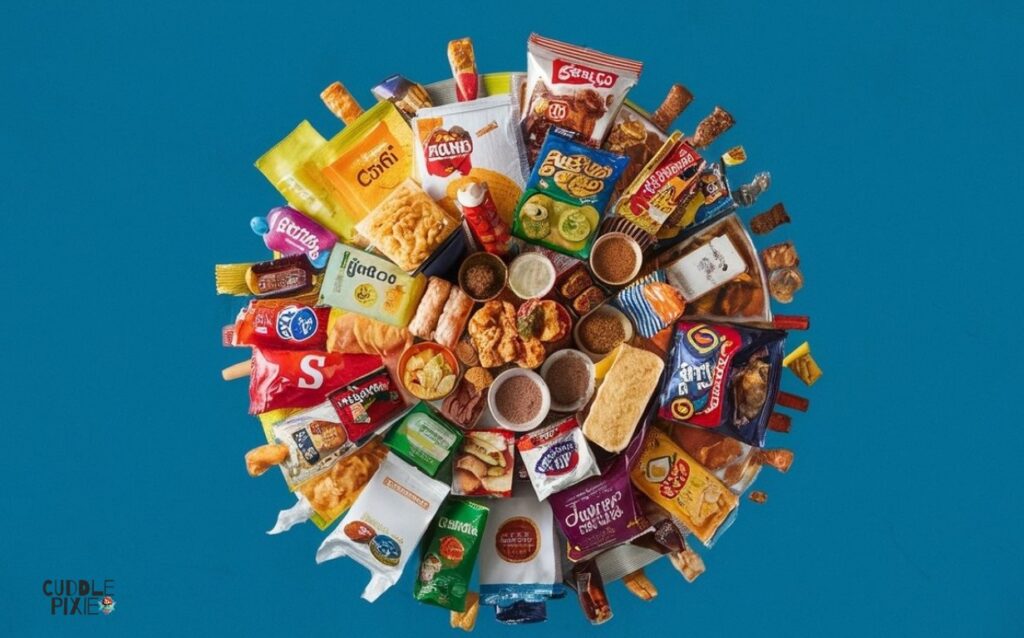
Processed foods are often high in unhealthy fats, sugars, and additives, which can negatively impact a mother’s health and energy levels. A nutrient-dense diet is preferable for maintaining milk quality.
“Avoiding processed foods can help maintain better overall health and energy levels, which is beneficial for both mother and baby,” says Dr. David Katz, a nutrition expert.
Foods That May Cause Allergic Reactions
Some babies may develop allergies or sensitivities to certain foods in their mother’s diet. Common culprits include:
1. Dairy Products
Symptoms of a dairy allergy or intolerance can include fussiness, eczema, and digestive issues. If you suspect your baby has a dairy sensitivity, try eliminating dairy from your diet for a few weeks to see if symptoms improve.
2. Eggs
Eggs can cause allergic reactions in some babies, leading to skin rashes or gastrointestinal discomfort. If you notice any adverse reactions, consult with a pediatrician and consider removing eggs from your diet temporarily.
3. Nuts
Nuts, especially peanuts, can cause severe allergic reactions. If there’s a family history of nut allergies, it might be wise to avoid nuts while breastfeeding. Always consult with a healthcare provider before making dietary changes.
Personalizing Your Diet
Every baby is unique, and so are their reactions to certain foods. Keeping a food diary can help identify any foods that may cause issues. If your baby shows signs of discomfort, gassiness, or allergic reactions, consult with a healthcare provider.
Monitoring Baby’s Reactions:
- Observe changes in baby’s behavior and digestion after feeding.
- Keep track of foods consumed and any corresponding reactions in the baby.
- Consult a pediatrician for persistent issues or concerns.
Consulting with a Healthcare Provider:
- Work with a dietitian or nutritionist to ensure a balanced diet.
- Seek advice on dietary supplements if needed.
- Regular check-ups with a pediatrician can help monitor baby’s growth and health.
Practical Tips for a Healthy Breastfeeding Diet
- Stay Hydrated: Drink plenty of water throughout the day to maintain your milk supply and overall health. Aim for at least eight glasses of water daily.
- Eat Frequent, Balanced Meals: Incorporate a variety of food groups in each meal to ensure you’re getting a wide range of nutrients. Small, frequent meals can help maintain energy levels.
- Limit Junk Food: Minimize the intake of sugary snacks and fast food. Opt for healthier alternatives like fruits, nuts, and whole grains.
- Listen to Your Body: Pay attention to your hunger and thirst cues. Breastfeeding can increase your appetite and thirst, so it’s important to eat and drink accordingly.
- Avoid Weight Loss Diets: Focus on a balanced diet rather than calorie restriction. Rapid weight loss can affect milk supply and overall health. Aim for gradual weight loss through healthy eating and regular exercise.
- Consider Prenatal Vitamins: Continue taking prenatal vitamins to ensure you’re getting essential nutrients, especially if your diet lacks variety.
Addressing Common Concerns
1. Can I Drink Coffee While Breastfeeding?
Yes, but in moderation. Limiting caffeine intake to less than 300 mg per day is generally safe. If you notice your baby is unusually fussy or has trouble sleeping, try reducing your caffeine intake further.
2. What About Alcohol?
Occasional alcohol consumption is generally safe if you plan your breastfeeding schedule around it. Wait at least 2 hours after drinking a standard drink (one beer, one glass of wine, or one shot of spirits) before breastfeeding to minimize alcohol transfer to your baby.
3. Are Spicy Foods a Definite No?
Not necessarily. Many cultures consume spicy foods regularly without issues. Monitor your baby’s reaction; if they seem unaffected, you can continue enjoying spicy foods. If you notice fussiness or digestive discomfort, consider reducing or eliminating these foods.
4. Should I Avoid Allergenic Foods?
Not unless your baby shows signs of an allergy. Introducing a variety of foods to your diet can help your baby build tolerance. However, if there’s a family history of severe allergies, consult with a healthcare provider for personalized advice.
Final Thoughts
Maintaining a mindful and balanced diet while breastfeeding is essential for the health of both mother and baby. By avoiding certain foods and focusing on nutrient-rich options, mothers can support their baby’s development and their own well-being. Always consult healthcare professionals for personalized advice and to address any specific concerns.
By incorporating expert opinions and providing a comprehensive guide, this article aims to offer valuable insights for breastfeeding mothers looking to optimize their diet and avoid potential pitfalls.
References
- Baptist Health: “What to Eat & What Not to Eat While Breastfeeding”. Available at: Baptist Health
- WebMD: “Breastfeeding Foods: What to Eat and What to Avoid”. Available at: WebMD
- OSF Healthcare: “Breastfeeding Diet Tips for a Less Fussy Baby”. Available at: OSF Healthcare
- Mayo Clinic: “Breastfeeding Nutrition: Tips for Moms”. Available at: Mayo Clinic
- The Bump: “Foods to Avoid When Breastfeeding”. Available at: The Bump
